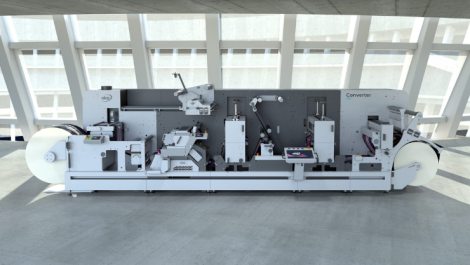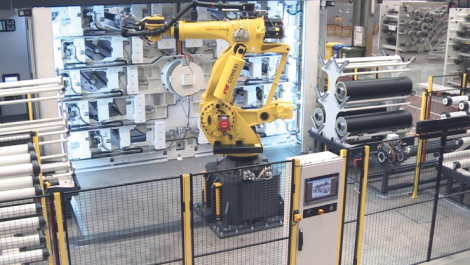SMEs that have had to put in place special operational arrangements to allow them to keep trading have no idea how long these need to be kept in place.
According to independent research from Close Brothers Asset Finance, as the Covid-19 pandemic continues to impact the UK’s SME community, at least three quarters are experiencing a reduction in their cashflow.
‘SMEs are struggling to predict just how long the impacts of the pandemic will be felt,’ said Neil Davies, CEO, Close Brothers Asset Finance and Leasing. ‘But what’s clear is firms are – in the face of cashflow pressures – getting on with the job and doing what needs to be done to get back up and trading.
‘Many are making use of government assistance, with around half of those surveyed saying they’ve made use of the furlough scheme, while a further 31% have already applied for a CBILS (Coronavirus Business Interruption Loan Scheme) loan; interestingly, 52% said that while they knew about it, they didn’t feel it was currently required. A further 16% were on the fence about whether to apply.’
Four in 10 firms have stated they’re ‘open as normal’ – contrasted against this figure is the 21% who are closed completely until lockdown ends. A further fifth’s workers are now home-based and 9% available for online consultations or meetings.
‘With numerous businessesable to operate from home, this, for many, has become the ‘new normal’, which likely explains why so many are ‘open as normal’,’ said Mr Davies. ‘We’ve seen this with our own business – despite the initial challenges, we’ve been able to continue to serve the needs of our customers, both existing and new.’
Nearly all participating businesses expect operational arrangements to be in place for at least a few months, with 6% planning for the measures to be made permanent:
Length of time participating businesses expect operational arrangements to be in place
| Less than 1 month | 4% |
| 1-3 months | 21% |
| 4-6 months | 31% |
| 7-9 months | 13% |
| 10-12 months | 10% |
| Longer than 12 months | 9% |
| We expect the measures put in place to become permanent | 6% |
| Don’t know | 6% |
There are mixed views; however, about when firms expect to be fully operational again, with two thirds of the opinion it will be anything between three to six months.
‘These figures underline the uncertainty business owners and employees alike are operating under,’ said Mr Davies. ‘And this is reflected in their predictions about future staffing levels – 39% will be returning with the same number and 9% are anticipating hiring more staff. On the more conservative side of the coin, 44% are planning to return with fewer people.’
At the same time, over half of investors in the UK have lost confidence in Boris Johnson’s government based on its handling of the COVID-19 pandemic, according to research from FJP Investment.
The investment firm commissioned an independent survey of more than 900 UK-based investors, all of whom have investments and savings in excess of £10,000, excluding the value of their residential property and workplace pensions.
It found that 54% of investors have lost confidence in Boris Johnson’s government based on its handling of the covid-19 pandemic so far. For those based in London, this figure jumps to 62%.
FJP Investment’s survey also revealed that 57% believed more financial relief is needed to support UK businesses affected by covid-19. This comes following the news that the UK has officially entered its first economic recession since 2009.
Debbie Waldron Hoines, consultant CEO of EFIA, commented on the research, ‘While its clear every business has been affected in some way in the flexo printing industry, the main challenge has come from the ceasing or suspension of new product launches. This has affected tradeshops in particular and investments in equipment to handle new business. We know that many of our members have taken up the range of financial support on offer – CIBLs, furloughing and bank facilities, but we are very blessed in the packaging industry as many members’ businesses have remained buoyant, particularly if they supply the food and beverage sector.’






